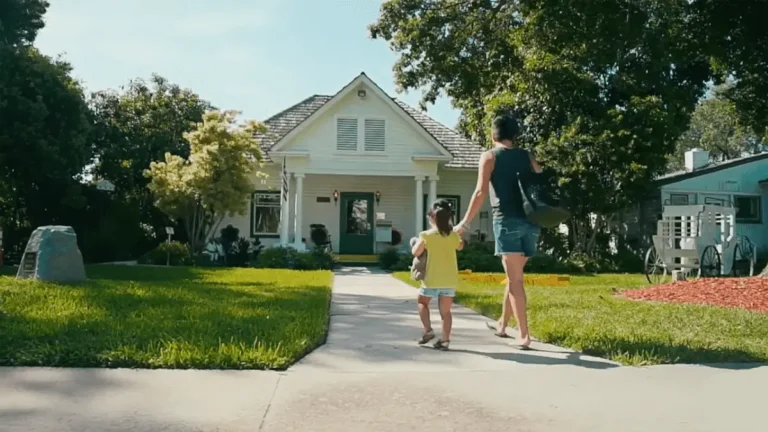Child Support Loopholes Virginia
The System and Potential Issues
When it comes to family law, child support loopholes Virginia is a topic that raises significant questions for both custodial and non-custodial parents. In Virginia, child support laws are designed to ensure that children receive the financial support they need from both parents. However, like any legal framework, there are areas within these laws that can be exploited or misunderstood, leading to potential loopholes. This article explores child support loopholes in Virginia, their implications, and the best ways to navigate them to ensure fair and responsible support for children.
Overview of Child Support in Virginia
In Virginia, child support is determined based on a set formula that considers the incomes of both parents, the needs of the child, and the amount of time each parent spends with the child. The goal is to allocate sufficient resources for the child’s needs, from healthcare to education and daily living expenses. However, certain child support loopholes in Virginia may allow one parent to avoid full financial responsibility, either intentionally or unintentionally.
Common Child Support Loopholes in Virginia
One of the most common child support loopholes in Virginia involves underreporting income. Since child support is calculated based on both parents’ incomes, some individuals may attempt to lower their reported income to reduce their payment obligations. This can be done through tactics such as working under the table, hiding assets, or even deferring income to manipulate the calculation. In such cases, the custodial parent may find it challenging to receive the fair support amount for the child.
Another potential loophole relates to the use of shared custody arrangements. In Virginia, the amount of child support is adjusted based on the amount of time each parent spends with the child. Some non-custodial parents might argue for more visitation time to reduce their financial obligations without genuinely intending to spend that additional time with the child. This manipulation of shared custody can negatively impact the custodial parent and may even lead to inconsistencies in support payments.
Legal Challenges with Child Support Loopholes Virginia
Navigating child support loopholes Virginia can be difficult because proving certain issues, like income underreporting, requires substantial evidence. Many custodial parents struggle to prove that the non-custodial parent is hiding assets or misreporting income. While Virginia courts can investigate suspected fraud or intentional misrepresentation, this process can be lengthy and complex.
Moreover, self-employed individuals pose additional challenges within the child support system. Because self-employed parents have more control over their income reporting, it’s easier for them to show lower earnings than they might actually make. This can create a significant loophole in Virginia’s child support system, leaving custodial parents and children with less support than they need.

How Virginia Courts Address Child Support Loopholes
While these child support loopholes in Virginia can be frustrating, the court system does have mechanisms to address them. Virginia courts can perform income imputation, a method where the court assigns an estimated income to a parent if it suspects that they are underreporting their earnings or avoiding work intentionally. Courts may also investigate the financial records of both parents to ensure that accurate information is presented.
To prevent manipulation of custody arrangements, courts closely examine visitation schedules and parental involvement in shared custody cases. If a parent appears to be requesting increased visitation solely to reduce their child support payments, the court may adjust the support amount to reflect the reality of the situation. This allows the Virginia court system to close some of the child support loopholes in Virginia that would otherwise compromise the child’s welfare.
Best Practices to Avoid Child Support Issues in Virginia
To navigate child support loopholes Virginia, it’s advisable for both custodial and non-custodial parents to be transparent and proactive in their financial reporting. Custodial parents can work with a family law attorney to monitor any suspicious activity and ensure that child support amounts are accurately assessed. Non-custodial parents should likewise maintain honest income records to prevent future complications and demonstrate a willingness to support their child adequately.
If a custodial parent suspects that a loophole is being exploited, they should document all income discrepancies and visitation inconsistencies. Seeking legal counsel early on can also help in gathering necessary documentation and presenting a stronger case before the court. Understanding child support loopholes in Virginia is essential for both custodial and non-custodial parents who want to navigate the child support system fairly and responsibly. While some individuals may attempt to exploit these loopholes, Virginia courts strive to close gaps in the law and uphold the child’s best interests. By staying informed and working with family law professionals, parents can ensure that child support obligations are met in a way that benefits their children’s well-being and future.







